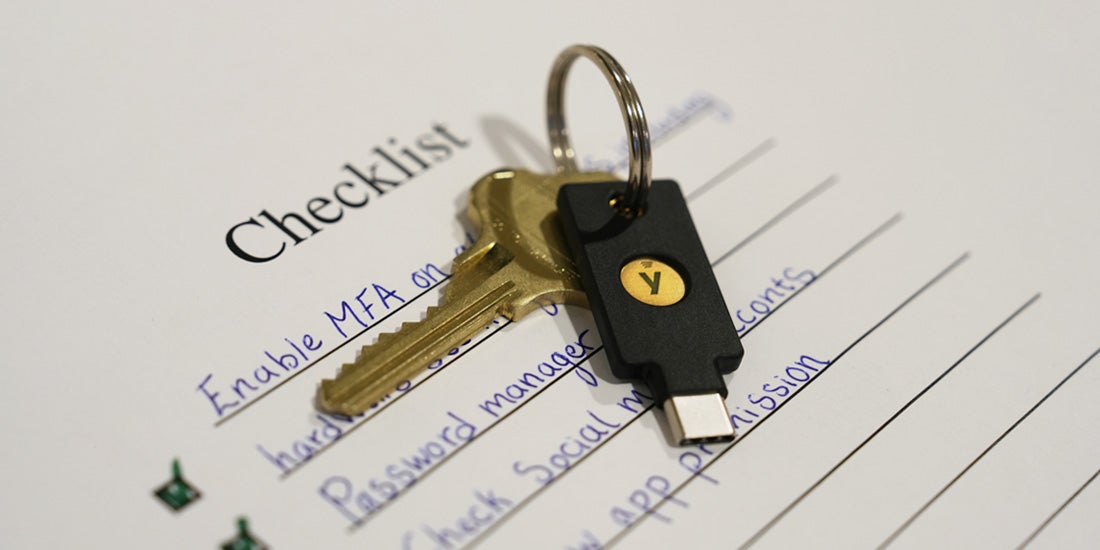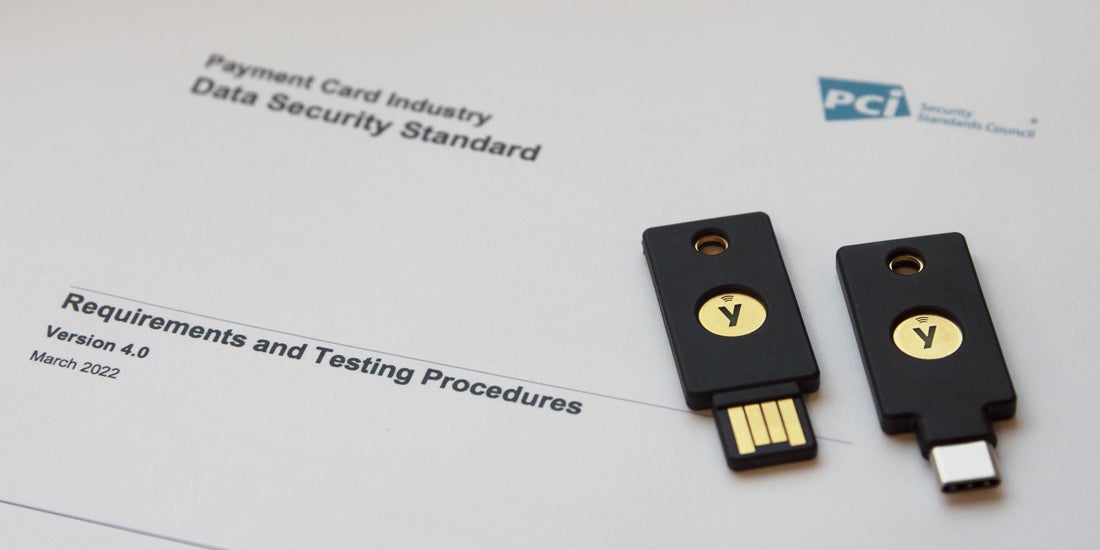Today is historic as we launch our 4th generation YubiKey. It is built on high-performance, secure elements, and enables stronger and faster crypto operations. We are also expanding beyond our authentication heritage to code signing: Our new touch-to-sign feature was brought to life with our friends at Docker.
For every generation of YubiKeys, we have added new YubiKey versions with select feature sets. With YubiKey 4 and YubiKey 4 Nano, we are reversing that trend with fewer products, more features, and simplified choices for customers that bring better value.
We are also evolving in other ways. We are complementing our authentication pedigree by improving and adding specific security features: OpenPGP encryption can now be performed with 4096-bit RSA crypto keys, we have added a PKCS#11 library to support PIV functionality, and, together with Docker, we are introducing container code signing with touch-to-sign and user verification.
Our new YubiKeys are the market’s Swiss Army knife for authentication and encryption. For large volume needs, we will enable customers to order exactly the functions they want. And our unique programming tools allows organizations to program and control their own cryptographic secrets. This security approach is something we are convinced will soon define the market.
The small YubiKey 4 Nano is priced at $50, and the YubiKey 4, the larger keychain version, is $40. Neither includes support for Near Field Communications (NFC), which is now just found in the YubiKey NEO. For those who don’t need NFC, the YubiKey 4 offers faster and stronger crypto at a lower price.
We will introduce a new retail web sales lineup and continue to serve enterprise customers with existing commitments to our former YubiKey products.
Strong authentication is an important part of the identity stack and we are quickly growing market share there. The YubiKey, however, also includes vital encryption functions highlighted by code signing. Both these areas is where we have innovated with YubiKey 4 to provide best-practice security and the simplest user experience. This is truly the start of a new generation.





